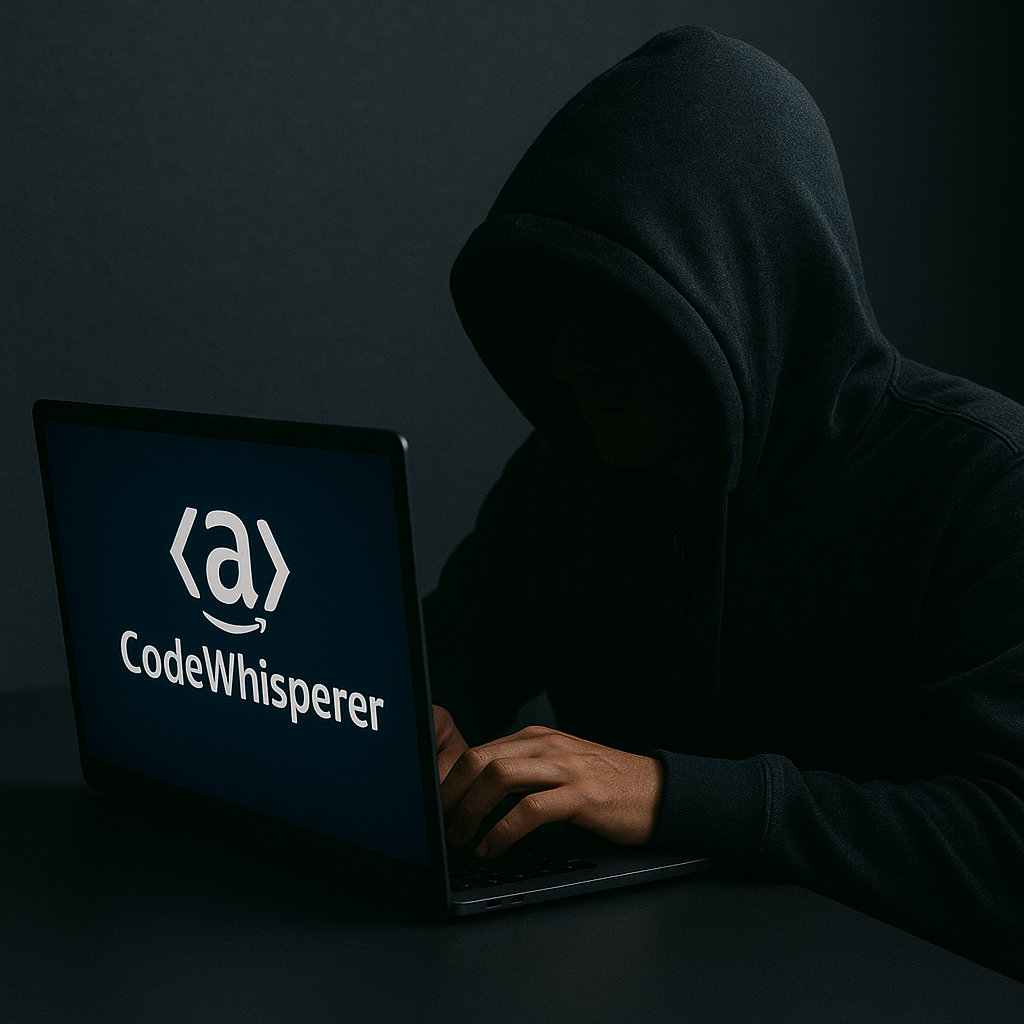In a disturbing incident, a hacker successfully inserted destructive system commands into Amazon’s Visual Studio Code extension for its AI-powered coding assistant, Q. This malicious code was distributed to users through an official update, highlighting significant vulnerabilities in the software supply chain. The compromised extension had been downloaded over 950,000 times, raising alarms across the developer community.
The hacker, who communicated with 404 Media, claimed that the intent behind the attack was to protest against what they termed ‘Amazon’s AI security theater.’ They could have unleashed more destructive payloads but opted for commands aimed at data erasure as a statement of discontent. The breach occurred when the attacker was granted administrative access via a pull request submitted from an unverified GitHub account.
Amazon released the compromised version, 1.84.0, on July 17 without realizing it included tampered code. In response, an AWS spokesperson assured that the issue has been fully mitigated, stating, “no customer resources were impacted,” and advised users to upgrade to version 1.85.
This incident has amplified discussions around the security of generative AI tools and the associated risks when integrating open-source contributions into enterprise-grade applications. Experts, including cybersecurity professional Sunil Varkey, emphasized the need for robust guardrails and governance frameworks in AI development to prevent such exploits.
Moreover, industry analysts are calling attention to the flaws in software delivery pipelines that fail to adequately protect against unauthorized code changes. They recommend implementing strict validation procedures and anomaly detection in continuous integration and delivery (CI/CD) workflows. According to Sakshi Grover from IDC Asia Pacific Cybersecurity Services, organizations must adopt immutable release pipelines and enhance their DevSecOps practices to counter emerging threats effectively.

